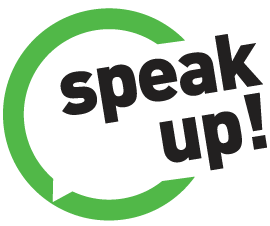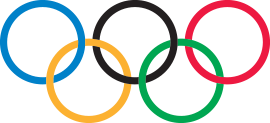In the heart of the sporting world, where athletes strive for excellence and integrity, a crucial concern often takes center stage: the protection of minors from the perils of doping. As guardians of fair play and the sanctity of sports, the World Anti-Doping Agency (WADA) has sounded a clarion call to all anti-doping stakeholders to prioritise the safeguarding of our youth.

In a recent address to the global anti-doping community, WADA emphasised the imperative of shielding minors from the harmful consequences of doping practices. With the rising prevalence of performance-enhancing substances infiltrating various levels of sports, the vulnerability of young athletes to such influences cannot be overstated.
WADA President Witold Bańka said: “As evidenced by the efforts of our Education Department to put together this enlightening and productive conference, WADA has fully embraced education and made it a priority. It is time for all Anti-Doping Organizations and Governments to do the same. Athletes must be supported and equipped with the tools they need to compete clean throughout their careers. That process must start early with a positive introduction to the anti-doping system. In particular, children who are competing at an elite level of sport must be protected by ensuring they and their support personnel receive strong, values-based education at the earliest possible stage.
“The first edition of the International Standard for Education that entered into force in January 2021 was a strong first step, now the time has come for the next phase of the evolution. WADA will work collaboratively with stakeholders to ensure that the 2027 World Anti-Doping Code and International Standards Update process, which is currently underway, includes clear directives with regards to the education of minors and their entourages.”
The call to action extends beyond mere rhetoric, urging stakeholders to implement concrete measures to fortify the defenses against doping among minors. Educational initiatives, comprehensive anti-doping programs, and stringent enforcement mechanisms are pivotal in erecting this barrier against the encroachment of doping culture.
Central to this endeavor is the cultivation of a supportive environment within sporting communities, where coaches, parents, administrators, and fellow athletes play pivotal roles as mentors and role models. Through nurturing a culture of integrity, transparency, and accountability, stakeholders can foster a climate where doping finds no haven.
Moreover, WADA emphasised the critical importance of collaboration among all stakeholders, transcending geographical boundaries and sporting disciplines. By uniting in a concerted effort, the global anti-doping community can amplify its impact and fortify the defenses against doping, ensuring a level playing field for all athletes, regardless of age.
Within the realm of combat sports, the International Federation of Muaythai Associations (IFMA) stands as a stalwart advocate for the integrity and ethical conduct of its athletes. Recognising the paramount importance of protecting minors from the detrimental effects of doping, IFMA wholeheartedly aligns with WADA’s call to action. With its global reach and unwavering commitment to promoting clean sport, IFMA pledges to actively engage in educational campaigns, implement robust anti-doping protocols, and foster a culture of integrity within its community. By uniting forces with WADA and other anti-doping stakeholders, IFMA endeavors to fortify the defenses against doping among minors, ensuring that the values of respect, fairness, and sportsmanship remain the cornerstones of Muaythai for generations to come.


